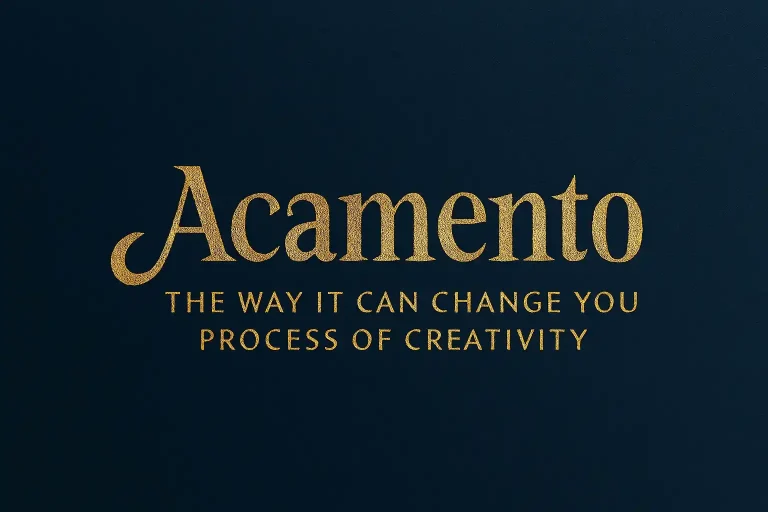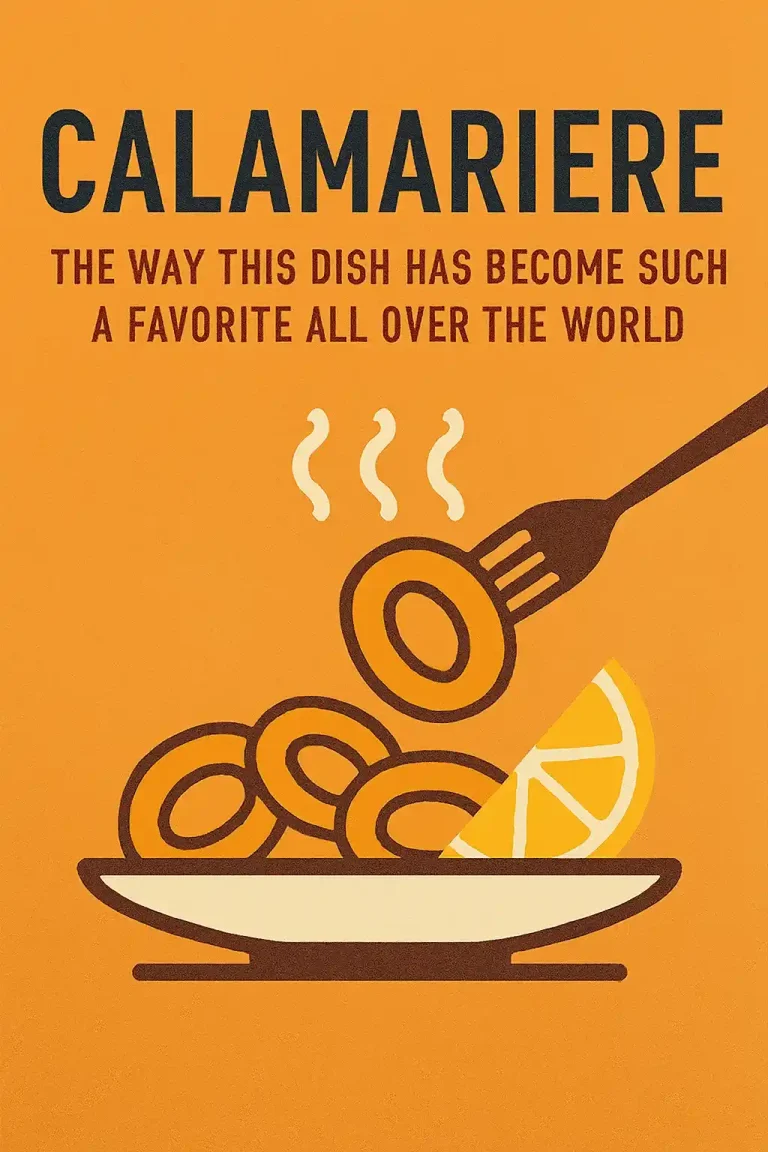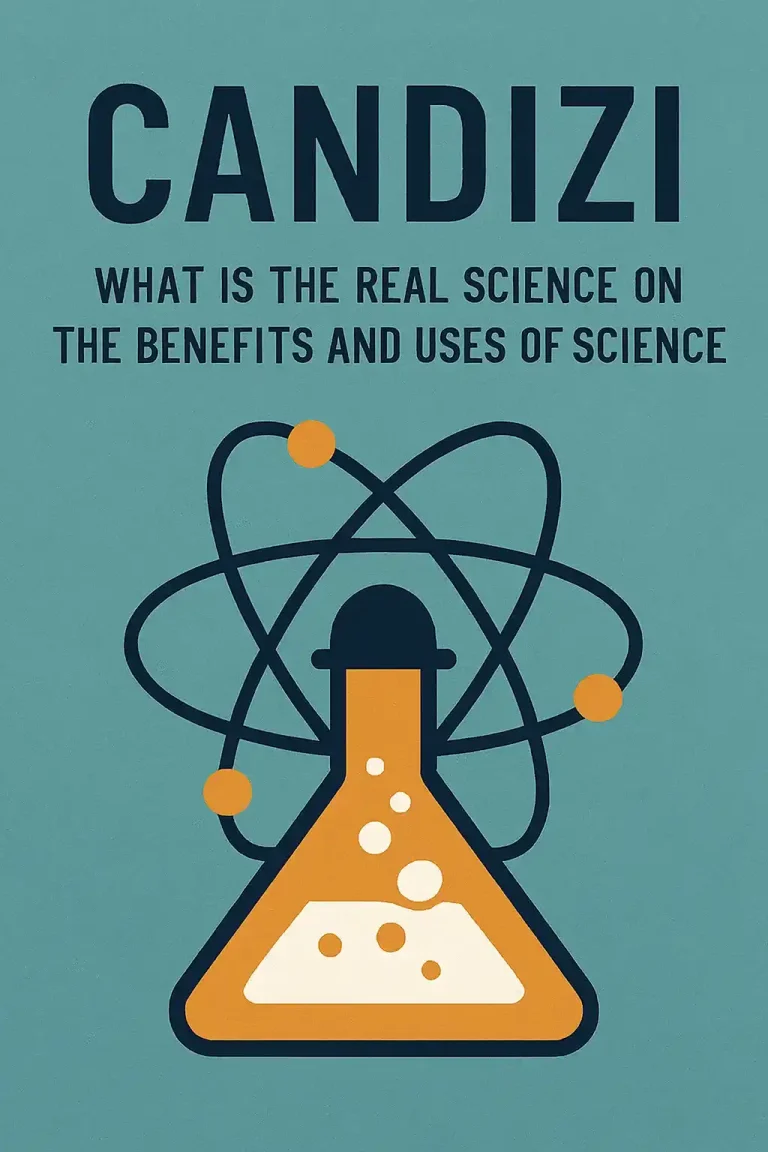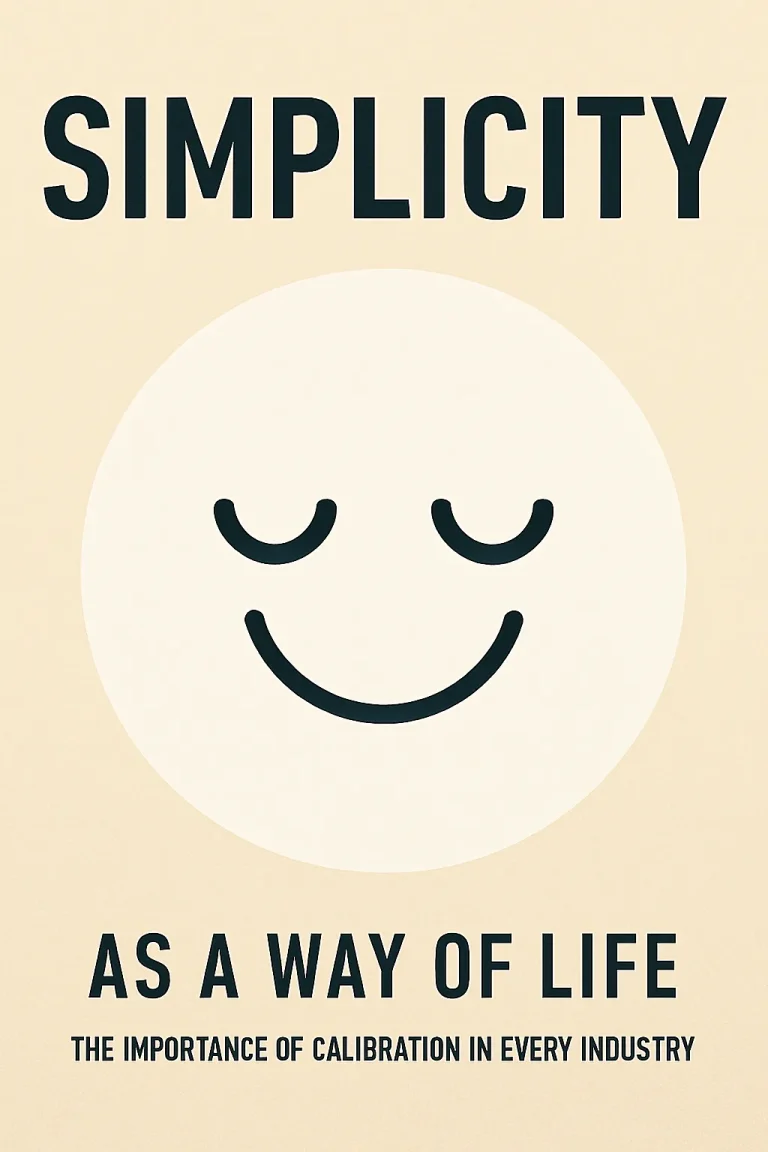Kalibraatio: The importance of Calibration in every industry
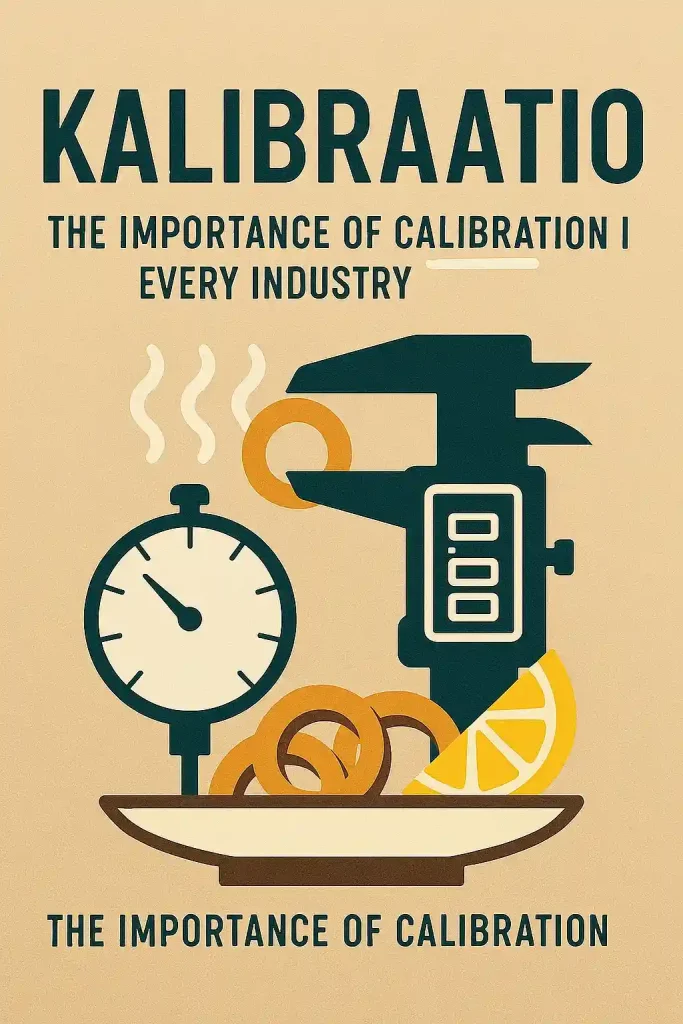
Kalibraatio Introduction
Have you ever wondered what will happen when a machine or a tool performs the wrong reading? Think of a physician with the wrong temperature gauge, or a factory machine that makes parts that do not fit. Minor mistakes may lead to major problems. That is where Kalibraatio, or calibration, comes in.
Kalibraatio is making sure that instruments and machines produce correct results. It might seem technical but it touches us all, be it in healthcare, food safety, manufacturing or even environmental monitoring. All of these suffer a blow, trust, safety and efficiency without proper calibration.
In this blog, we will examine the meaning of it, the importance of it in various industries, advantages of it, methods commonly applied, and how a business can select the appropriate calibration service. You will see why calibration does not only qualify as a technical procedure but also as a cornerstone of accuracy and success.
What Is Calibration and What Is the Significance Behind It?
Calibration refers to the process of tuning instruments to ensure that they are measuring an object of known standard. It is as though you are comparing your watch with the actual time. When your watch is a few minutes out you can adjust it to display the correct time.
Suppose now we apply this concept to medical devices, food thermometers, industrial machines or environmental sensors. When they are off even a little the consequences can be destructive.
There might be misreadings in healthcare that might result in misdiagnosis.
In production, minor mistakes in machine measurements may result in the production of thousands of defective products.
Food safety In food safety, improperly cooked or stored food can be shown by wrong temperatures.
Kalibraatio is an assurance that the tools perform their duties correctly, in the best interests of businesses and the individuals who rely on them.
The Calibration Uses in all the industries
Calibration has no single field. Any industry which depends on accuracy must have it.
Healthcare: Infusion pumps, thermometers, and blood pressure machines should be modified in a way that keeps patients safe.
Manufacturing: The precision required by machines producing car parts or electronics is at the level of fractions of a millimeter. Calibration helps to avoid waste, defects and loss of money.
Food Industry: There should be no mistake in cooking and storing food because it may spoil or cause foodborne diseases. Calibration meets safety standards.
Environmental Monitoring: Machines used to determine the quality of air, purity of water or even the amount of pollution must always be monitored to provide reliable data to take action.
Energy and Aviation: Power plants, aircrafts and fuel systems all involve calibration of instruments which are critical to the safety and operation of their systems.
These illustrations indicate that it is not optional–all industries require it.
There are advantages to Proper Calibration
Why then should we go ahead and invest in calibration? The positive effects are far-reaching:
Accuracy: Makes sure that everything is measured correctly and we have eliminated chances to make an error that can cost us a lot.
Efficiency: Devices with proper calibration are efficient and minimize time and waste.
Safety: Exact measurements can avert fatal mistakes in other industries like the healthcare system, aviation and construction sectors.
Long Equipment life: Calibration will detect problems at an earlier stage before bigger problems occur.
Reputation and Trust: Clients, regulators, and other stakeholders place their trust in companies that are concerned about accuracy and quality.
Cost Savings: Eliminates fault, non-conformance penalty or mishap because of erroneous data.
Consider a calibration as an investment which secures much bigger assets.
Common Calibration Methods
Tools and instruments can be calibrated in a number of ways. The methods are applicable in different industries and requirements:
Reference Standards: A device is compared to a standard that has a known correct value.
Comparison Calibration: Comparisons of instruments are made against very fine tools in order to detect differences.
Field Calibration: Field calibration allows technicians to calibrate devices offsite and save time and avoid downtime.
Software-Based Calibration: Modern systems have computer programs and algorithms which automatically make adjustments.
Calibration of oneself: There are types of smart devices that self-calibrate with reference standards built-in.
Each solution has its niche, but the aim is similar, namely to assure correct and accurate measurements.
The choice of a good calibration service
Calibration services are not equal. To identify a reliable provider, one would want to consider the following:
Certifications: It involves things like ISO/IEC 17025 which basically claims to certify professionalism.
Experience in the Industry: The need of various industries is different. Ensure that the provider is familiar with your needs.
Scope of Services: A company that would be able to deal with various kinds of equipment is more productive.
Customer Reviews: Get acquainted even more with honesty and transparency in the customer review.
Quick service: Short downtime eliminates long equipment downtimes.
After-Service Support: Providers who also offer support once the calibration is done are good providers.
A good choice can be useful when one wants to save money, time, and headaches in the future.
Remaining within the Industry Standards
In the majority of industries, there are tough regulations concerning the accuracy of equipment. Both government regulations, safety standards, quality audits, and so on, business must demonstrate that their tools are calibrated properly.
Healthcare: The hospitals should comply with the medical safety standards.
Food Industry: Factories and kitchens ought to be in a position to abide by food safety laws.
Manufacturing: Firms have to comply with international standards in order to sell their products across different countries.
It is also important to maintain records of calibration. When a regulator requests evidence, the businesses should demonstrate when and how their tools were last calibrated. This maintains their compliance and also enhances confidence with the customers.
FAQs About Calibration
What is the frequency with which equipment is to be calibrated?
It is a matter of equipments and industry. There are tools that require calibration every day and those that require it once in a year. It is better to do things according to the instructions of the manufacturer and industry standards.
Is calibration expensive?
Calibration is an expense but it is much less expensive than the cost of defective products, compliance penalties or the dangers posed by mistakes.
Is it possible that businesses can self-calibrate?
Particularly with most equipment, professional services are advised because certain modern tools have the ability to be self-calibrated.
What would be the case when calibration is not taken into consideration?
Failure to observe calibration may result in unsafe working conditions, loss of money, faulty production, and reputation.
Can calibration be used in small businesses as well?
Yes. Calibration works even in small shops, labs or restaurants. Precision is important regardless of the size of the business.
Why Kalibraatio is a Priority
Calibration is not a technical issue only. It promises accuracy, safety and trust. Kalibraatio retains industries that operate effectively and reliably, be it in the sphere of healthcare or food safety, production or pollution control.
Companies that take calibration seriously demonstrate their values towards quality and compliance. They save, mitigate risks and build and maintain superior relationships with clients and regulators.
You can start by getting all the tools and machines calibrated in order to protect your operations and grow with confidence. And, as a matter of fact, accuracy is not something important only, but something necessary.

